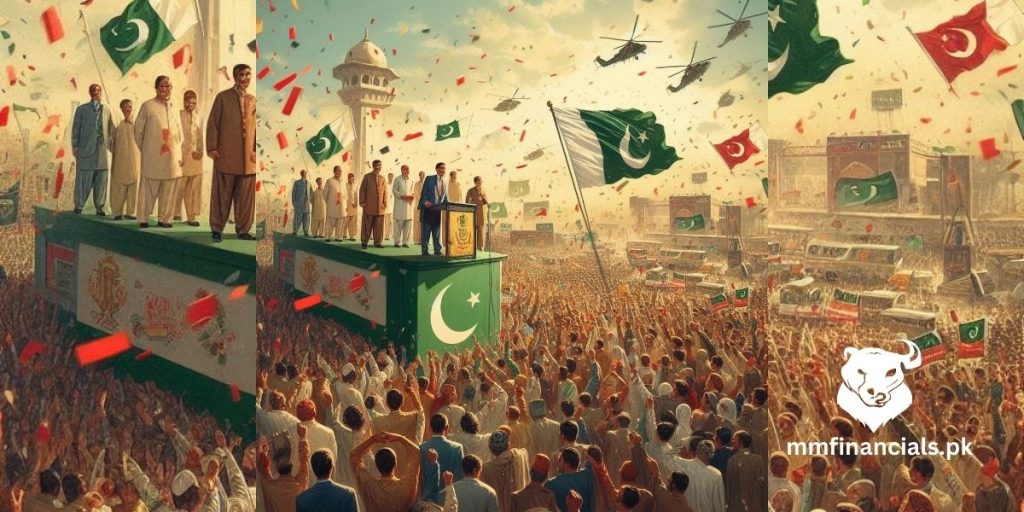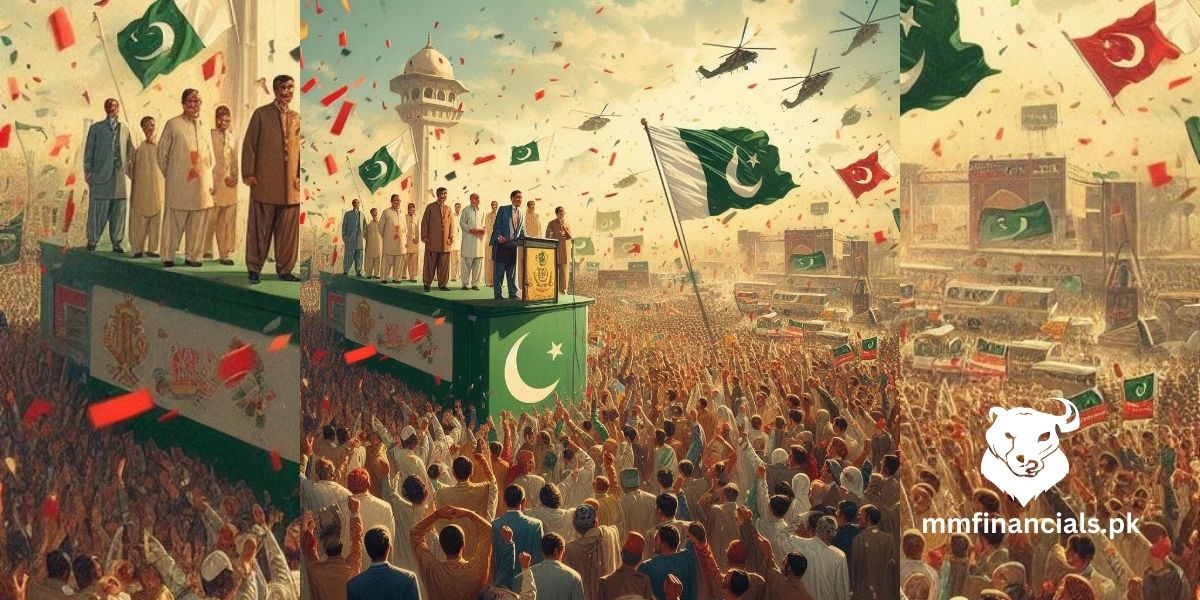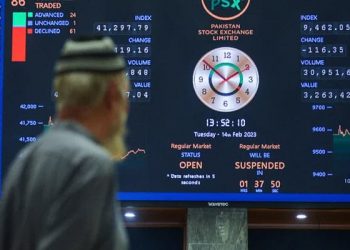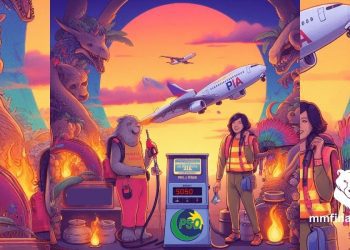Pakistan’s National Assembly has undergone a significant transformation. The Pakistan Muslim League-Nawaz (PML-N) has emerged as the forefront party, with its representation soaring to 123 Members of the National Assembly (MNAs) after the latest allocation of reserved seats. This increase of 16 seats underscores a pivotal moment in the assembly’s composition.
Initially securing 75 general seats, PML-N’s journey to dominance was bolstered by the support of nine independent candidates. The strategic allocation of reserved seats, 19 for women and four for minorities, initially elevated their total to 107. The Election Commission of Pakistan’s decision to reallocate seats, initially set aside for the Sunni Ittehad Council due to eligibility issues, further bolstered PML-N’s presence in the assembly. Out of the contested reserves, PML-N was awarded an additional 15 seats for women and one for minorities, propelling their total to an impressive 123 seats.
PPP’S POSITION AND BEYOND
The Pakistan Peoples Party (PPP) also witnessed an uptick in its assembly representation, now standing at 73 seats, up from 68. The initial victory in 54 general seats was supplemented by reserved seats for minorities (12) and women (2), and further additions followed. The recent allocation process granted them four more seats for women and one for minorities, fortifying their position in the assembly, yet still trailing behind the independents allied with PTI who sought seats via the Sunni Ittehad Council.
Following is the graph diagram illustrating the updated composition of Pakistan’s National Assembly, including the transformation of the PPP’s representation and their position relative to the independents allied with PTI and the involvement of the Sunni Ittehad Council:
DIVERSE POLITICAL TAPESTRY
Other key players in the National Assembly include MQM-Pakistan with 22 seats and the Jamiat Ulema-e-Islam-Fazl (JUI-F), which saw an increase from seven to 11 seats. The landscape is further diversified with PML-Q and Istehkam-i-Pakistan Party holding five and four seats, respectively. Additionally, single-seat parties like PML-Zia, Balochistan Awami Party, Balochistan National Party (Mengal), National Party, and Pashtunkhwa Milli Awami Party contribute to the assembly’s multi-faceted composition.
FEBRUARY 08, 2024: THE DAY OF RECKONING
The Khyber Pakhtunkhwa Assembly witnessed an intriguing distribution of reserved seats, markedly favoring PTI-backed independents who secured a dominant 91 seats. Conversely, parties like JUI-F, PML-N, and PPP saw an increase in their seat counts through reserved allocations, reflecting a nuanced balance in the provincial legislative framework.
The narrative is further complicated by the Election Commission of Pakistan’s delayed release of crucial post-election documents, sparking public concern over electoral integrity and transparency. The legal mandate for timely publication of these documents was overlooked, igniting debate over the efficacy and accountability of electoral processes in Pakistan.



















